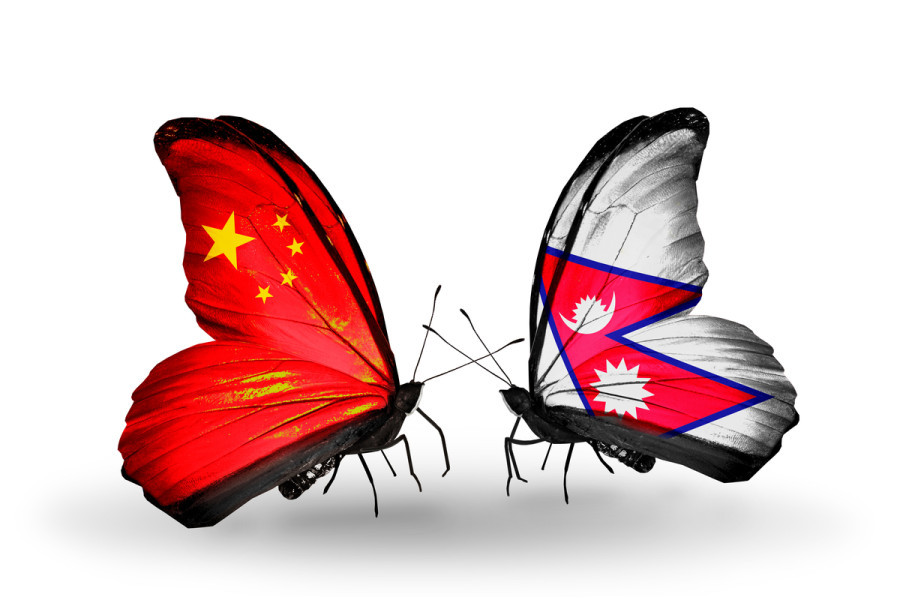Editorial
Guilt by silence
If Nepal has not endorsed China’s Global Security Initiative, it must say so categorically.
Prime Minister KP Sharma Oli took a meaningful first step towards the resolution of the Lipulekh dispute when, in a meeting with Chinese President Xi Jinping in the city of Tianjin on Saturday, he objected to India-China agreement on re-opening a trade route through the border pass. But whatever goodwill he might have earned in the process was quickly lost when his supposed backing for China’s Global Security Initiative (GSI) became public. According to a statement by China’s Ministry of Foreign Affairs issued on the same day, “Nepal supports the Global Development Initiative, the Global Security Initiative and the Global Civilization Initiative proposed by China.” Successive Nepali governments have declined to be a part of the GSI, a Chinese security construct that is believed to have emerged as a counterweight to the global American military dominance.
Even previously, Nepal has time and again refused to be a part of any strategic or military alliance or exercise, including the GSI. For instance, in 2019, it declined an invitation to take part in the military drills among Bimstec countries and in 2022, it rejected another offer to join the American State Partnership Programme (SPP). These principled positions were in keeping with Nepal’s constitutional commitment “to conduct an independent foreign policy based on the Charter of the United Nations, non-alignment, principles of Panchsheel, international law and the norms of world peace.” So the Chinese foreign ministry’s announcement of Nepal’s nod for the GSI came as a shock. But Nepali officials say the Chinese statement is ‘fake news’ and supporting the GSI is out of the question. Yet, curiously, Nepal is yet to come out with a formal statement refuting China’s claims. If indeed the Chinese side has misled people or if there has been some misunderstanding, Nepal should have immediately clarified it through a statement of its own.
Recently, when Chinese Foreign Minister Wang Yi declared that India had recognised Taiwan as a part of China, the Indian Ministry of External Affairs immediately put out a rebuttal. Such an immediate reaction helps clear the air and is a strong statement of a government’s priorities. The longer the Nepal government dilly-dallies on making an official statement, the more the controversy will drag on, and greater will the chances of misunderstanding with Nepal’s other international friends.
During the bilateral talks in Tianjin, China sought Nepal’s support in recognition of Taiwan as its inseparable part. Kathmandu has acceded to the demands. Moreover, Nepali Prime Minister Oli seemed to be bending over backwards to please the Chinese, even agreeing to attend their explicitly anti-Japan parade in Beijing. The prime minister’s decision to attend the event could have far-reaching consequences on Nepal’s ties with Japan, among its most trusted international partners. Yet, in return, the Chinese brushed aside Nepal’s one big concern over Lipulekh, terming it a ‘bilateral issue’ between Nepal and India—and now the controversy over the GSI. The bottom line is that Nepal is in no place to pick and choose among its friends, especially among big powers like the US, India and China. Oli’s entourage in China says they understand this much. If they really do, they should ask the foreign ministry to immediately issue an official rebuttal on the GSI. Or Nepal’s silence will be presumed as guilt.




 9.7°C Kathmandu
9.7°C Kathmandu














